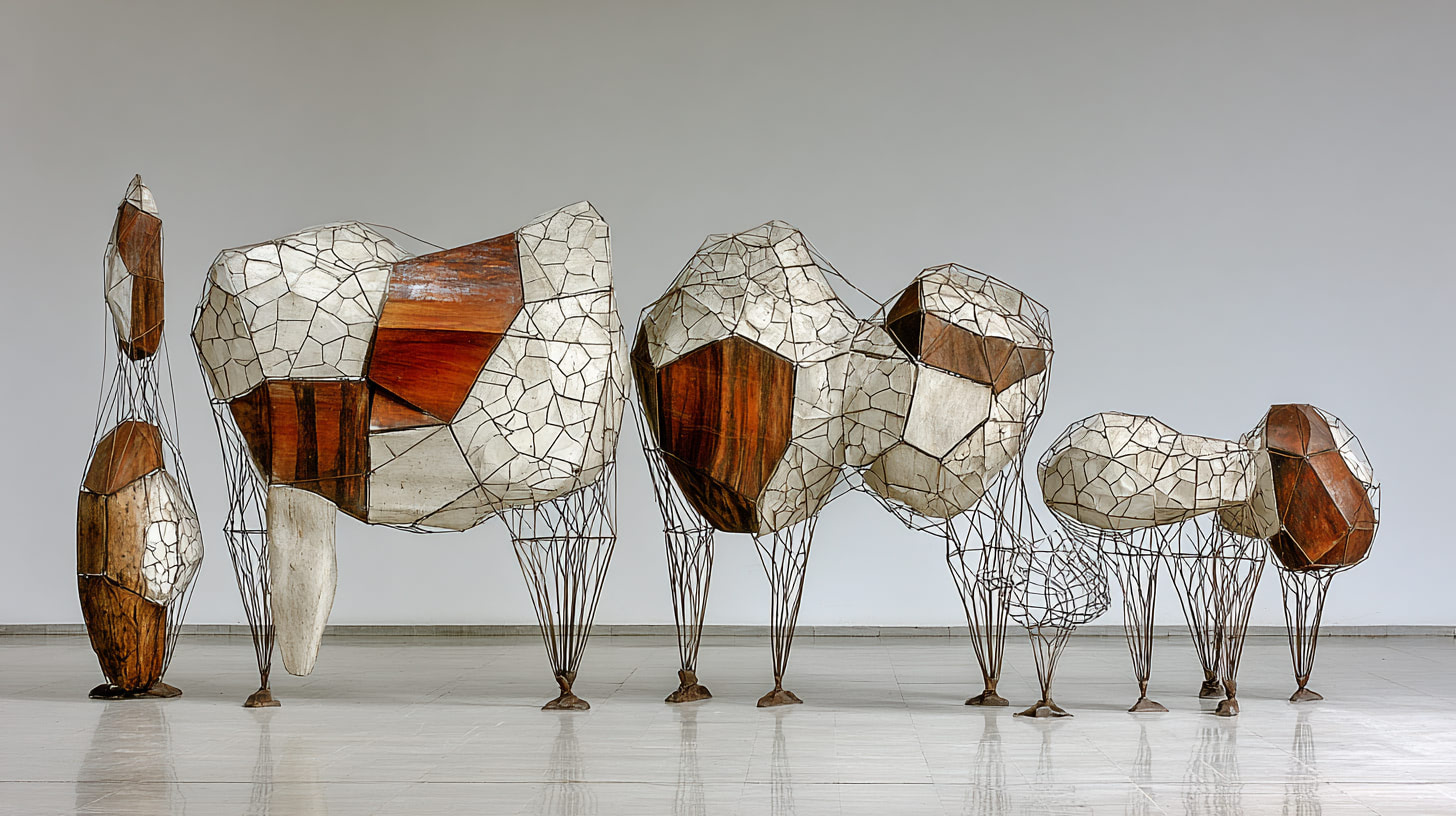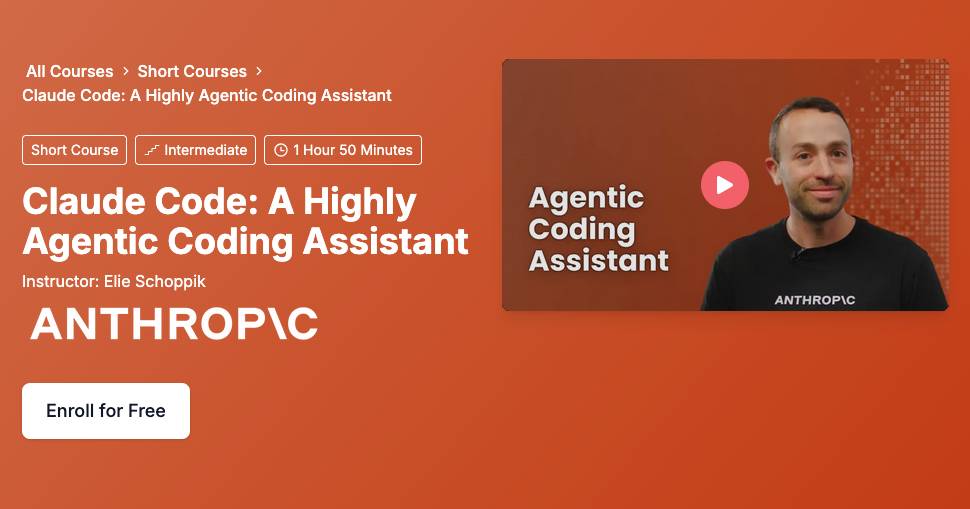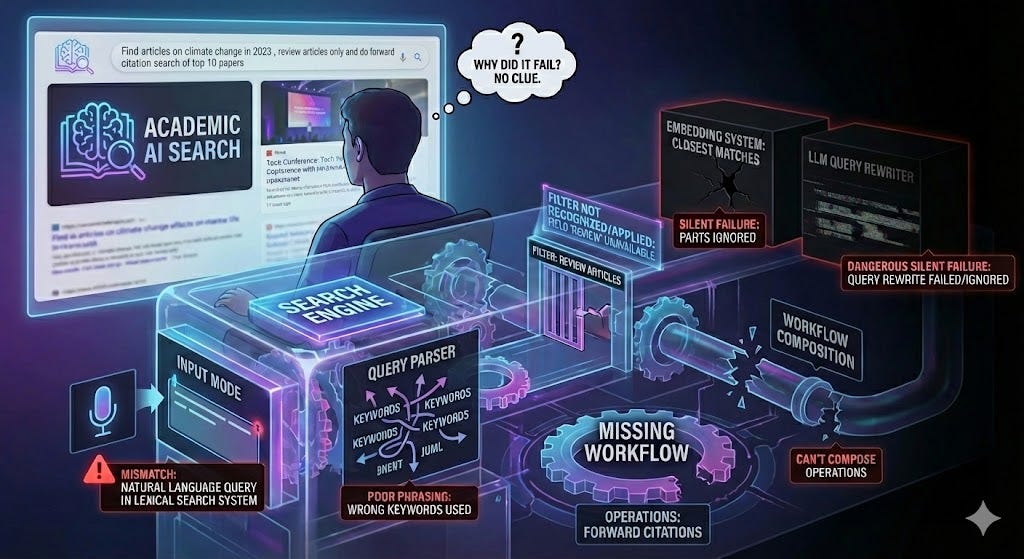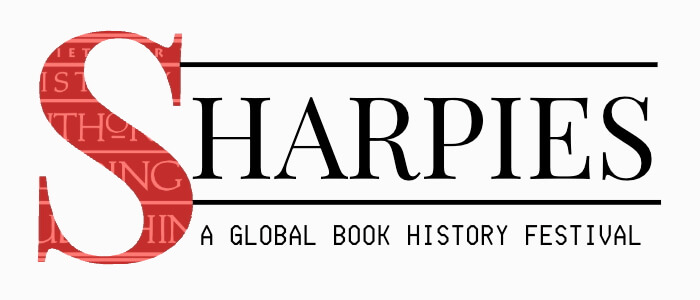Im letzten Quartal des Jahres 2025 sind mehrere wissenschaftliche Publikationen erschienen, die durch den Publikationsfonds des Landes Brandenburg gefördert und im Open Access veröffentlicht wurden. Sie stammen aus unterschiedlichen Fachdisziplinen und zeigen die thematische Breite der Forschung in Brandenburg.
Messages de Rogue Scholar

Rapid Gender Analysis (RGA) is a practical tool designed for humanitarian emergencies that allows aid workers to quickly understand how a crisis affects women, men, boys, and girls differently. Because there is often no time for long, detailed studies when lives are at risk, RGA provides a practical method to gather “good enough” information immediately to […]
I was at the launch of AI4Nature a few days ago, and met a lot of people looking for practical advice on integrating remote sensing into their biodiversity decision making. So it's good timing that our latest paper just came out, lead by the inestimable Alison Eyres to give some "recipes" on how to use our global LIFE metric! Read it here.
We are pleased to announce the opening of a new call for applications for the rOpenSci Champions Program in Spanish , which will begin in 2026.
Nos alegra anunciar la apertura de un nuevo llamado al Programa de Campeonas y Campeones de rOpenSci , que dará inicio en 2026.

The article “A decolonial feminist perspective on gender equality programming in the Global South” provides a critical analysis of how international non-governmental organizations design and execute gender equality programs. The authors, Udenigwe Ogochukwu, Aubel Judi, and Abimbola Seye, argue that many current initiatives adapt to existing systems of oppression rather than dismantling them.

Not behind, but at the forefront: On feeling overwhelmed by AI progress, and why that means you're exactly where you need to be.

We’ve traded keyword constraints for infinite potential, and created a massive usability crisis in the process.

I read recently – I can’t remember where – that people who say “I don’t know much about art, but I know what I like” actually do know quite a bit about art. More than average at any rate.
I have been wanting to blog about this since this summer, but with everything going on, I never really got around to it. What is this Cited In feature of WikiPathways and where does that information come from?

The inaugural SHARPIES, a global book history festival celebrating work in book history from around the world, will take place from July 7–9, 2026 (although these dates vary according to time zone). All the events are free for SHARP members, but registration is required. Registration will open in March 2026.